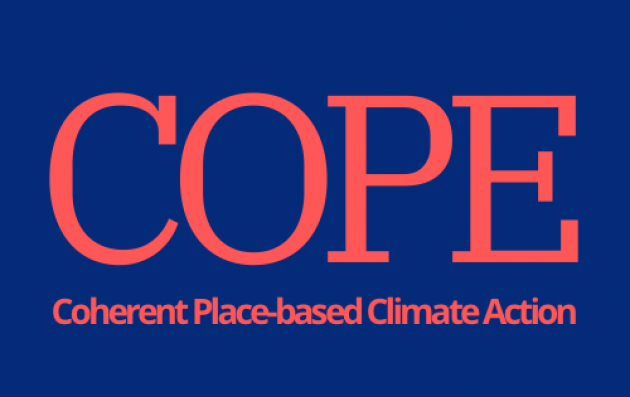ASSIST – Support Network for Household Energy Saving
ASSIST – Support Network for Household Energy Saving
European projectThe ASSIST project offered a two-way approach to the problem of energy vulnerability. It involved actively engaging social and energy actors to promote the effective incorporation of consumers into the energy market and the design of policies at all levels to tackle energy poverty issues from a comprehensive perspective.
The project developed the following activities:
- The starting point was the generation of in-depth knowledge on consumer vulnerability and on energy poverty. The insights enabled partners to fine-tune their activities and national and European stakeholders to deepen their knowledge and trigger future initiatives.
- The training of home energy advisers (HEA) aimed to provide them with knowledge on social, communication and technical aspects. The Advisers then provided energy advice to vulnerable consumers about being more efficient and/or better satisfy their energy needs.
- The creation and promotion of a network of trained HEAs facilitated access for vulnerable consumers to targeted effective support measures and favours the increase of the HEAs’ ability to support vulnerable consumers. Vulnerable consumers were then led hand-in-hand through an energy efficient pilot action to demonstrate that a good, domestic energy-efficient process is technically and economically feasible. The combined results of activities and the specific policy orientation tasks enabled national and European stakeholders to measure their household energy needs and target energy efficiency measures to low-income households living in energy inefficient houses.
- The project was a good example of setting up an efficient advisory and information service for vulnerable users and assisting them to improve comfort levels and to save on their energy bills. The HEA network model can be replicable. Local authorities were involved too as operators of a helpdesk that delivered advice to citizens.
With a budget of over 1 million euros, the impact of the HEAs support activities was monitored during the project through the following indicators: (1) the Energy Saving Indicator (ESI) that assessed energy and financials savings and comfort increases, and (2) the Vulnerability Empowerment Factor (VEF) that assessed consumer confidence in dealing with energy-related issues inside their dwellings. Through the project, the addressed consumers achieved an ESI of between 2% and 7% and a VEF of 0.5.
The potential constraints were mainly related to the monitoring process. It was complicated in some countries where there weren’t digital meters available and if the monitoring period was shorter than a year and thus did not cover seasonal changes. In some cases, the indicators were not representative of the complete picture, especially if there were social tariffs in place. The ASSIST project faced some challenges related to data collection, monitoring involvement from stakeholders, such as the energy-poor target group.
The project started in 2017 and was completed in 2020.
Main beneficiaries: energy advisers, energy poor, frontline workers, low-income and practitioners.
It addressed the topics of: health, household appliances, education, energy access and consumption, energy audits, energy efficiency, social support, under consumption, financing schemes, vulnerable consumers.
The partners of the project: AISFOR (private company), RSE (research centre), Acquirente Unico (energy agency (national)), Ecoserveis (NGO), Alginet Distribución Energía Eléctrica (energy supplier), Severn Wye Energy Agency Limited (NGO), Energy Ville/VITO (research centre), Fluvius (energy supplier), EAPNH (NGO), Vaasaett (research centre), Federacja Konsumentów (NGO), Polish National Energy Conservation Agency (KAPE).
-
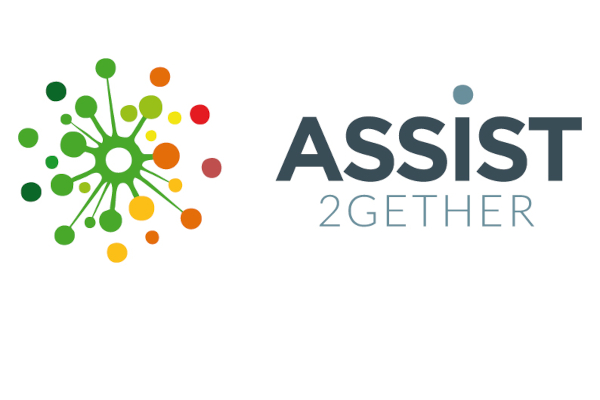
-

Italy, Spain, Belgium, Finland, UK, Poland
-
 Geographical scale:
Geographical scale:
-
 Energy poverty phase:
Energy poverty phase:
-

-
 Professionals involved:
Professionals involved:
-
 Type of funding:
Type of funding:
European Funds from the H2020 programme of the European Union -
SDGs addressed:
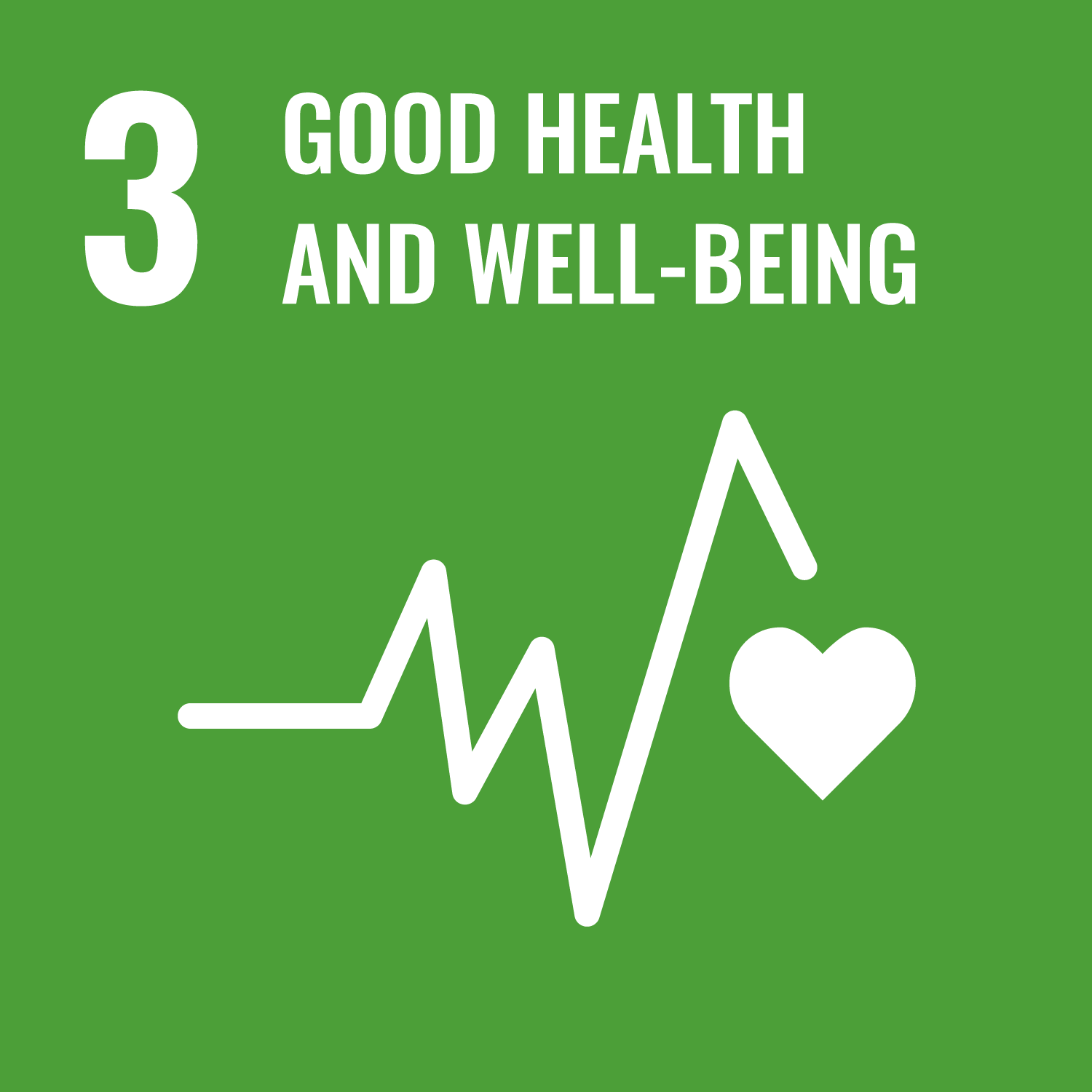
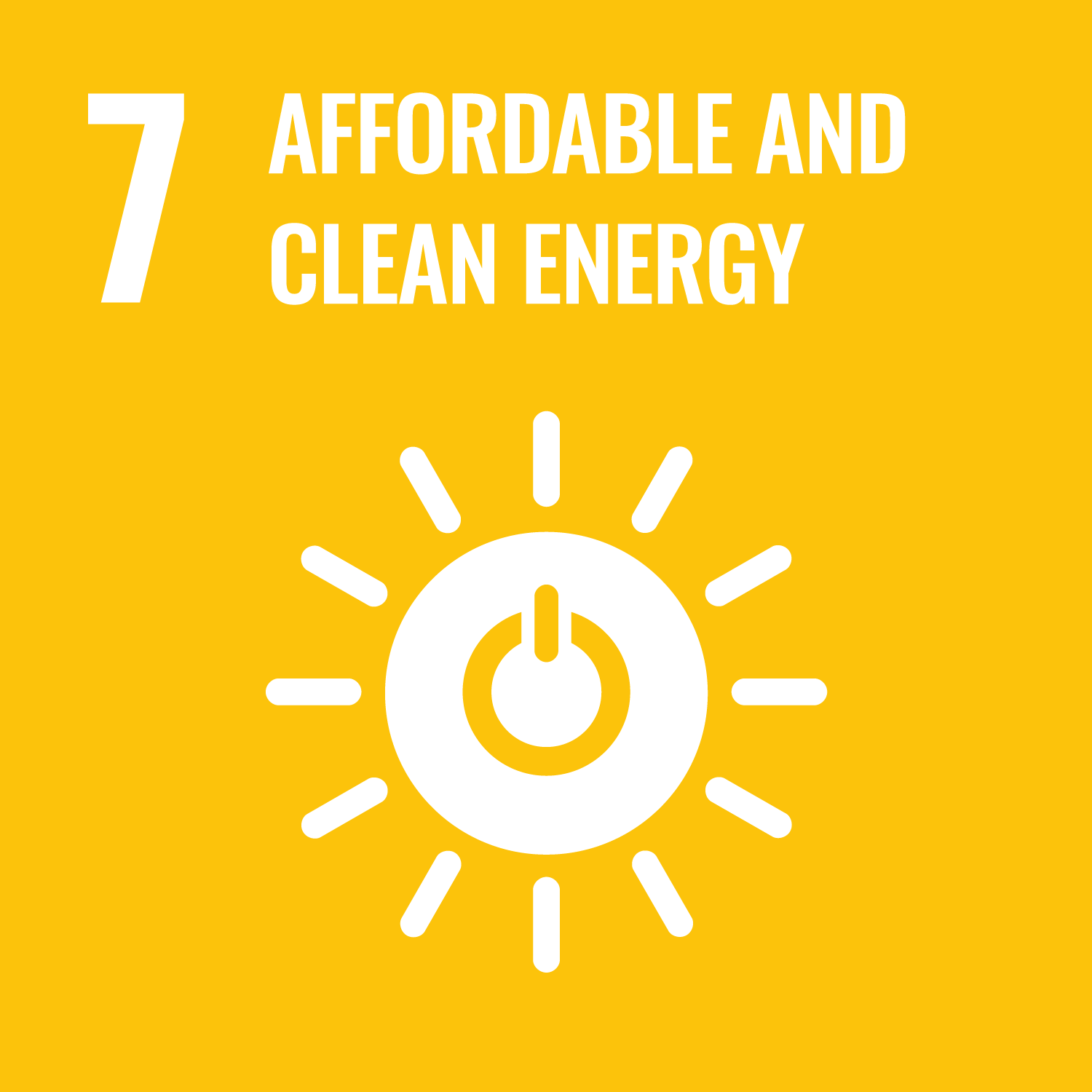
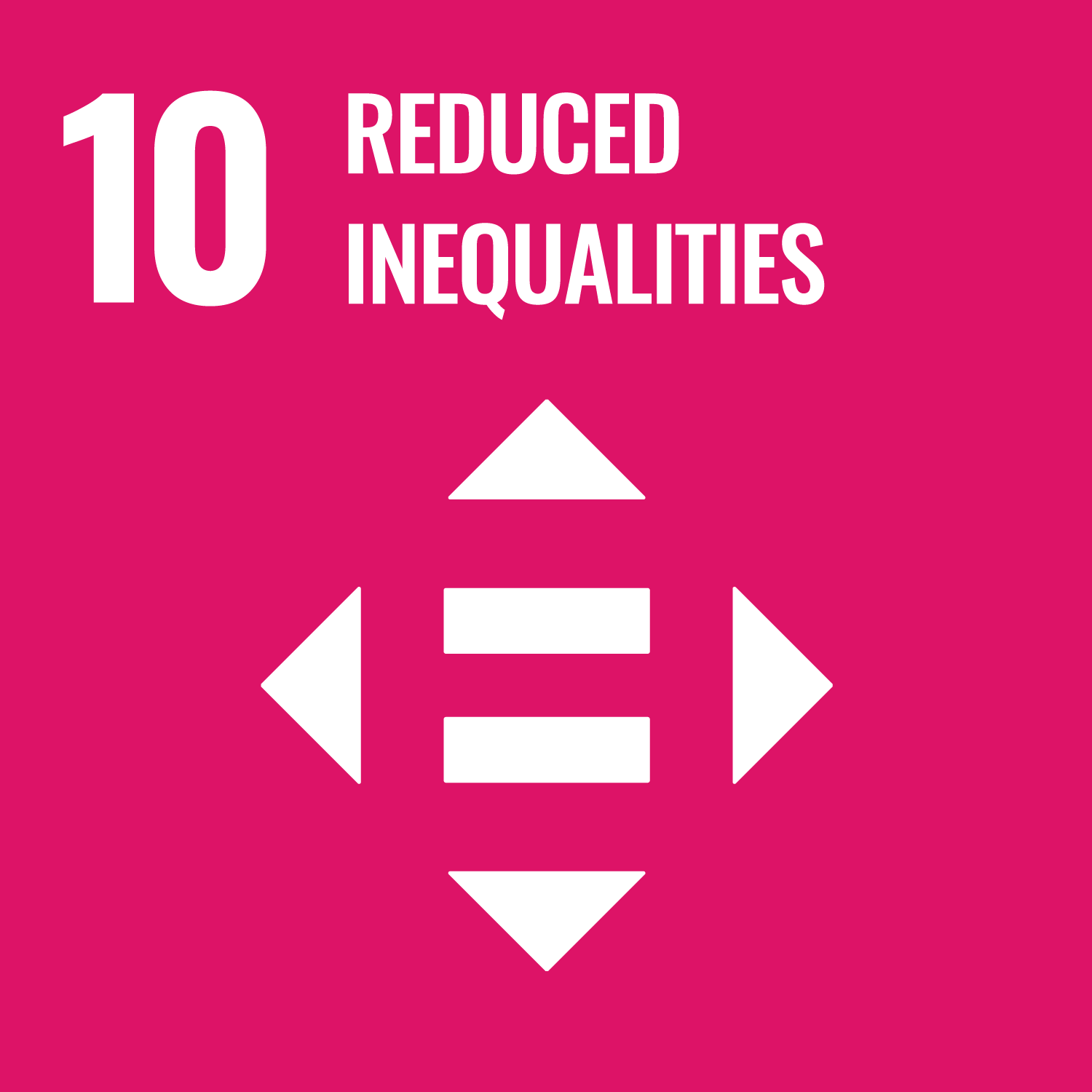
Explore more

